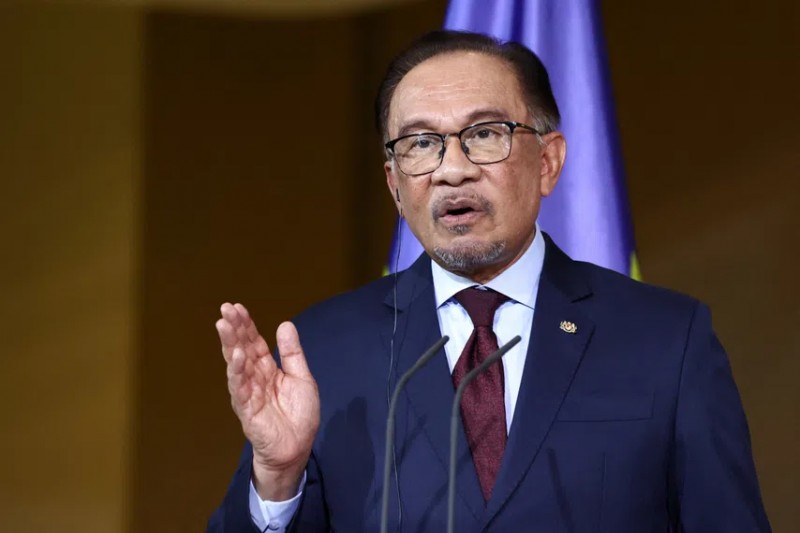
(KUALA LUMPUR) Malaysia is seeking to reform the country’s pension system to ensure “no one is left behind” and that citizens can enjoy a dignified retirement, said Prime Minister Anwar Ibrahim on Tuesday (Jun 4).
“New solutions are needed to make sure no one is left behind and every layer of society benefits from social protection,” he said during an event organised by the Employees Provident Fund (EPF).
He said that expanding the EPF’s coverage could be part of the solution, and added that including more of the working-age population in the EPF ecosystem would help ensure that more Malaysians can accumulate adequate retirement savings for their old age.
Currently, only 60 per cent – or 10.2 million of the 17 million-strong labour force – are covered by the scheme.
This means that 40 per cent, or 6.8 million workers, in the country are not covered by the EPF, which is the main retirement savings fund for private sector employees.
Citing a recent report by the Asian Development Bank, Anwar noted that 26.1 per cent of respondents aged above 60 will continue to work until their health fails as they face challenges in achieving income security to finance their retirement needs.
The data also indicated that one in four EPF members will exhaust the retirement savings within five years of reaching withdrawal age.
Anwar noted that the lump-sum nature of the EPF benefit will result in many Malaysians not being able to maintain a reasonable standard of living during retirement or to manage longevity risks.
Over the years, EPF has introduced various programmes to attract more Malaysian working adults to be part of the ecosystem. This includes the i-Saraan Programme, which is designed to include workers in the informal sector.
As at December 2022, the initiative has attracted over 290,000 working adults, a 191 per cent increase from 100,254 in 2021.
John Wilmoth, director of the population division of the United Nations, echoed Anwar’s sentiments, noting that there is an urgency for Malaysia to tackle the retirement issues.
“Malaysia has historically benefited from a demographic dividend, driven by a large working-age population. However, this dividend is expected to come to an end, potentially within the next decade, as the country’s population structure begins to shift,” he said at the same event.
The country approaches aged nation status within the next 23 years, and is projected to become a super-aged nation just 14 years after that.
Given this impending demographic shift, there is an urgent need to reform the current pension system to adequately meet the future needs of an ageing population.
At the same time, Malaysia must continue expanding its workforce to ensure it can continue enjoying the benefits of a favourable population dividend for as long as possible.
Anwar said that the government has introduced macro blueprints aimed at elevating the country’s economy, to propel the nation up the value chain, creating more high-quality jobs that offer higher wages and better benefits.
While emphasising the need to reform the pension system, the prime minister also urged businesses and investors to tap the silver economy, which is estimated to be worth US$15 trillion, driven by the needs and preferences of an ageing consumer base.
“Such investments not only promise substantial returns but also underscore Malaysia’s commitment to ensure the well-being and quality of life of its ageing population while fostering sustainable economic growth for the nation,” added Anwar.
Source: https://www.businesstimes.com.sg/international/asean/malaysia-reform-pension-system-ensure-no-one-left-behind-pm-anwar

